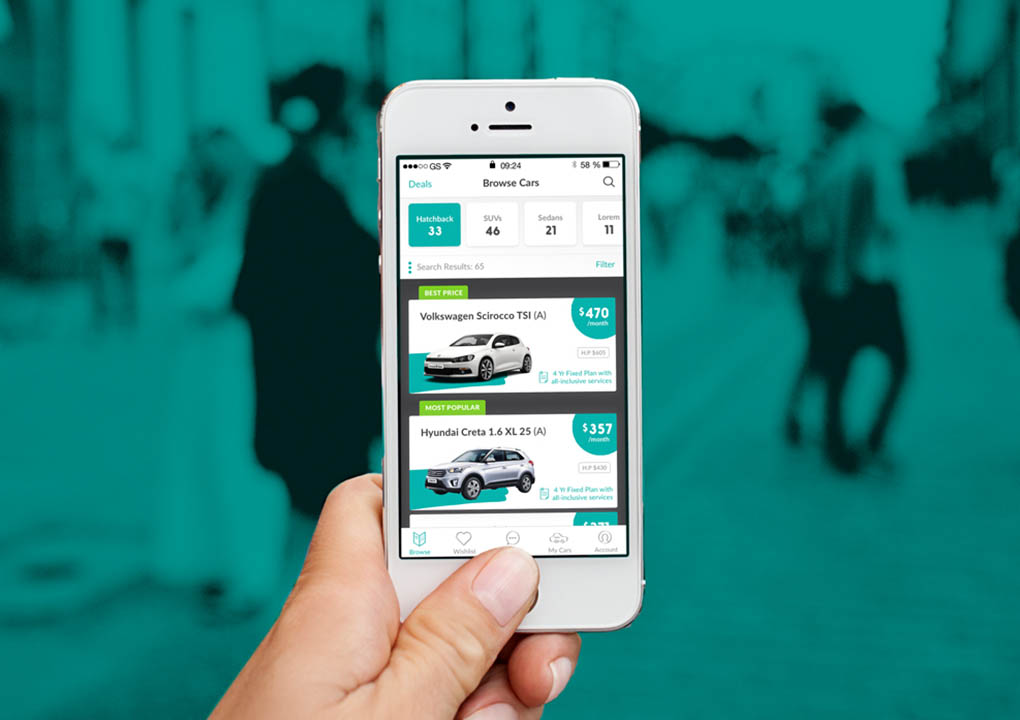Welcome to the first issue of the year. For 2019, we are going to shine the spotlight on Asian brands and the behaviours that successful ones have. In this entry, we will discuss 4 key strategies that some Asian brands have adopted, ensuring that they successfully adapt with the times and continue to succeed.
1. Communicate a single compelling purpose
Out all of the companies in the top 10 of Interbrand’s 2018 Best Global Brands ranking, Samsung (#6) and Toyota (#7) were the only two brands from Asia. Both brands tackled the fundamental issue faced by numerous Asian brands in recent years – clarifying the purpose that drives them.
Because of Asia’s highly diverse markets, it is crucial for brands to communicate a single unifying belief that employees and customers across demographics can rally around, one that goes beyond being first-in- market.
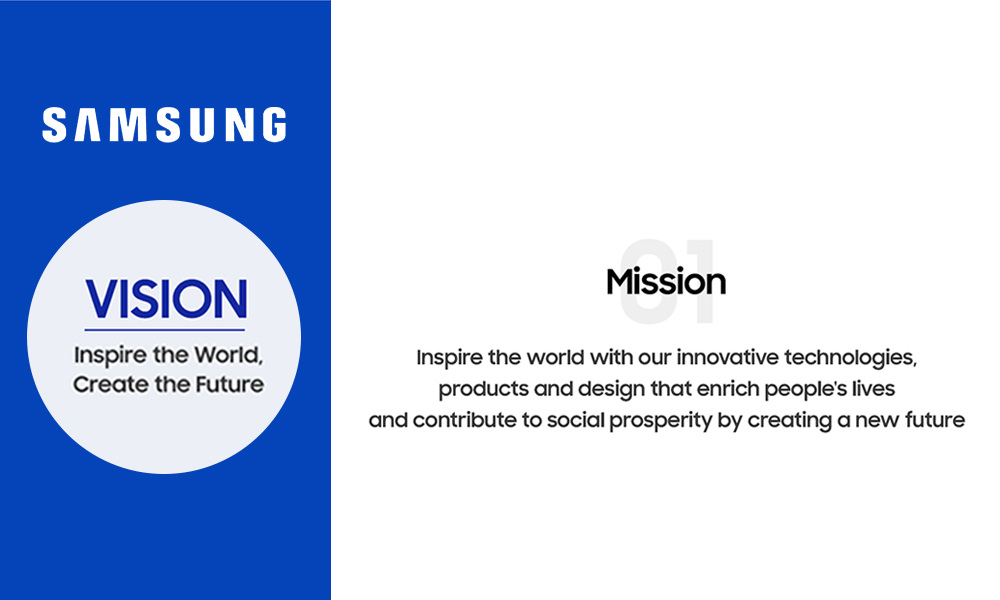
Both Samsung and Toyota’s brand purposes go beyond the usual “being the first” and “beating the competition” but focus on how their businesses contribute and have positive impacts on the world. Stuart Green, former CEO of Interbrand Asia Pacific, notes “A meaningful purpose should center itself around doing something of direct benefit to customers, or the world at large.” Customers today are not just looking at brands, but the values that surround them.
2. Don’t go digital for the sake of digital
With the rise of buzzwords like “digital transformation” and new emerging technologies like artificial intelligence and augmented reality, many Asian companies are racing towards such applications and attempting to integrate these processes into their businesses. Because it’s new, exciting and unknown, one doesn’t stop to question do we really need it? Do customers want it? Will it add value to what we are currently doing?
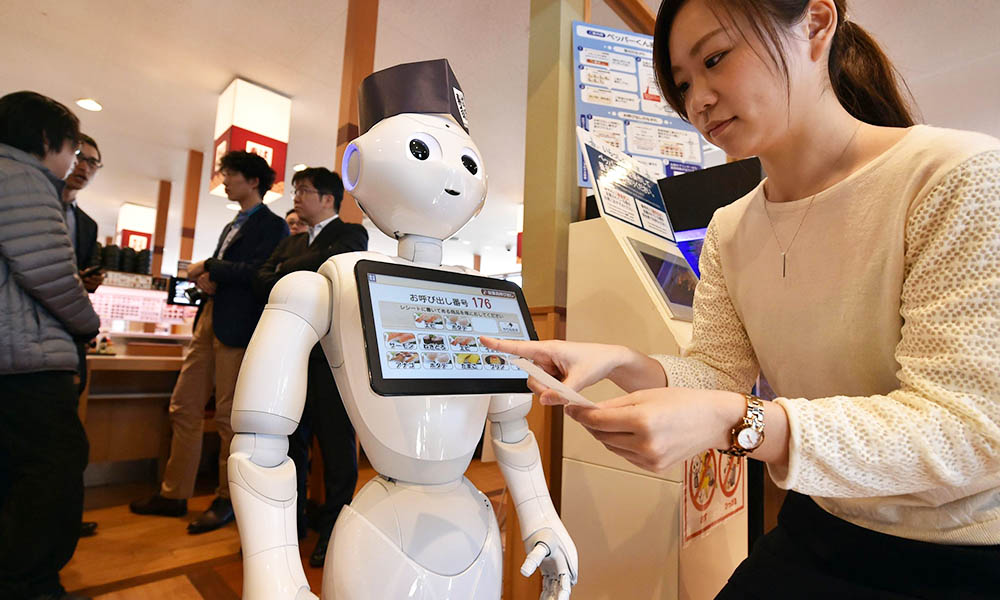
Brands should focus more on solving and improving customers’ problems than keeping up with the latest technology. If you first focus your attention on designing and improving services that add value to a customer’s experience and then work in the latest technology around it, you will create something long-lasting and not die as quickly as the trend.
Brands need to understand that their customers are unique, so we have to match them with services that answer their needs rather than assuming that this is what they want and need.
3. Local insights, global standards
Every market in Asia has its own unique cultural characteristics and way of conducting business. To succeed in Asia requires a deep understanding of local culture as well as delivering global levels of service and engagement. One great example is Go-Jek in Indonesia. Founders at Go-Jek understood the terrible traffic conditions in Jakarta and developed the motorcycle taxi service to improve the efficiency of how locals commute, work and play. From its early days of being an on-demand mode of transport, Go-Jek has evolved into a comprehensive service provider covering transportation, food, entertainment, postal and health services.
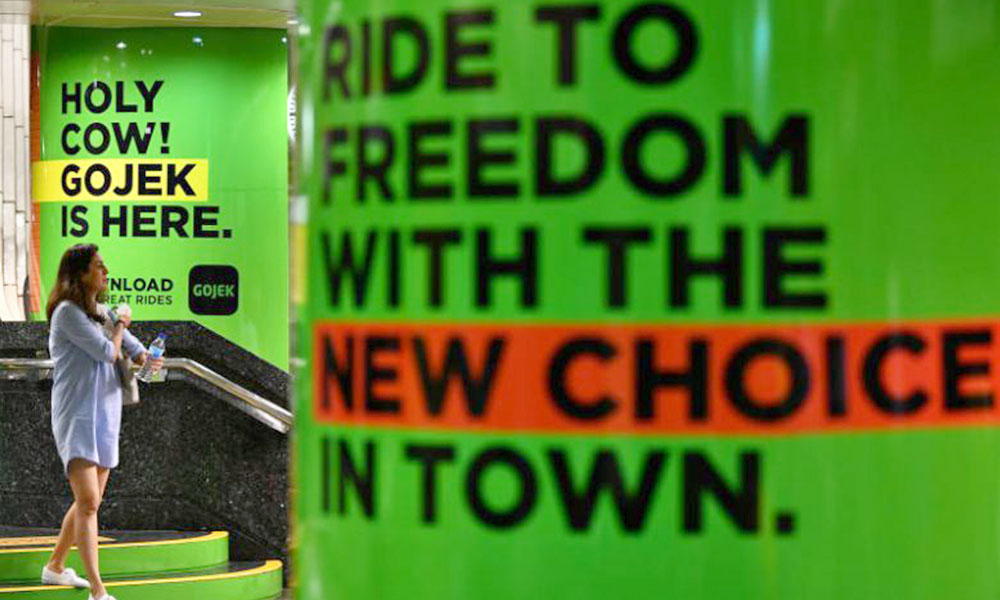
Go-Jek has since expanded to Singapore, Vietnam and Thailand and it will be interesting to see how they adapt their business model accordingly to suit customers from different countries.
4. Attract and keep talent
One key strategy that companies seem to overlook is the importance of attracting and retaining talent. The best brands are built from the inside out and without passionate employees, your brand purpose is meaningless. Much of today’s workforce consists of millennials, and the amount is continuing to rise. It’s crucial for brands to adjust to this generation in order to ensure growth.

Asian millennials, like their counterparts globally, are the most attracted to not just the biggest or richest organizations – but to the ones with a strong sense of purpose and share a similar set of values.
Adrian Ridner, CEO and co-founder of Study.com, comments “Millennials want to feel good about their work and make an impact on society at large. If a millennial feels that they are not personally connected to their company, they likely won’t stick around.”
Retaining employees is just as important as attracting them, so be sure to align your mission with your workers and create a platform for their voice.
Gogoro: The Taiwanese 'Tesla of Scooters' One Asian brand that is doing everything right at the moment is Gogoro. Founded in 2011, Gogoro is a Taiwanese energy company that produces super slick electric scooters and the battery-swapping infrastructure that allows scooter users to swap out their depleted battery packs for fresh, fully-charged ones.
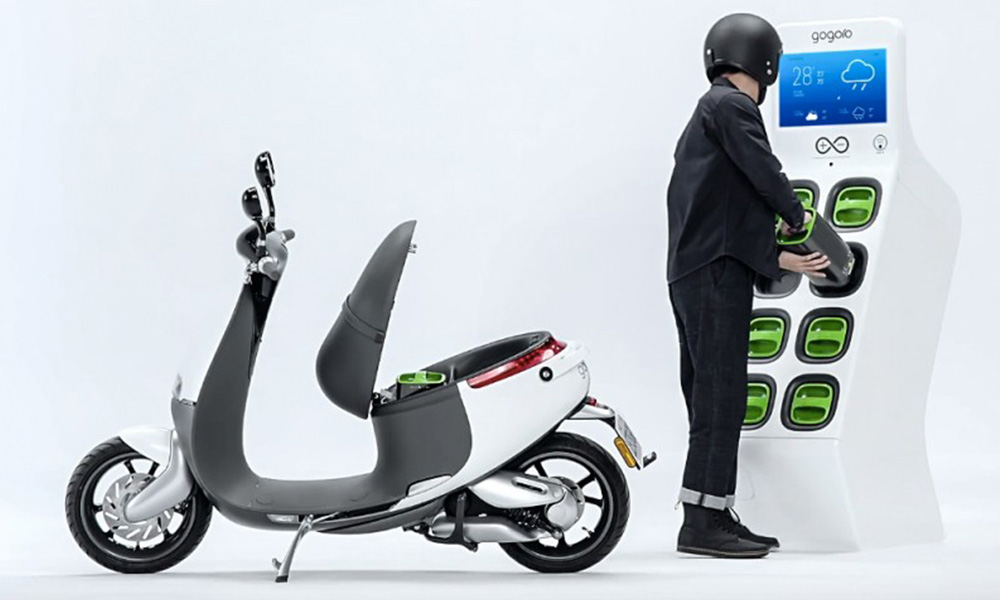 Green Energy and Smart Technology
First established in Taiwan, the world’s highest density of scooter users, founders understood that scooter users were becoming more environmentally conscious. They also established that consumers wanted experiences that were both simple and hassle-free. With that vital consumer insight, the talented Gogoro team developed a proprietary system of rechargeable battery packs and battery-swapping stations to work together seamlessly with their mobile app. The mobile app allows users to monitor battery usage, locate where their scooter is parked and find the nearest battery swap station.
Green Energy and Smart Technology
First established in Taiwan, the world’s highest density of scooter users, founders understood that scooter users were becoming more environmentally conscious. They also established that consumers wanted experiences that were both simple and hassle-free. With that vital consumer insight, the talented Gogoro team developed a proprietary system of rechargeable battery packs and battery-swapping stations to work together seamlessly with their mobile app. The mobile app allows users to monitor battery usage, locate where their scooter is parked and find the nearest battery swap station.
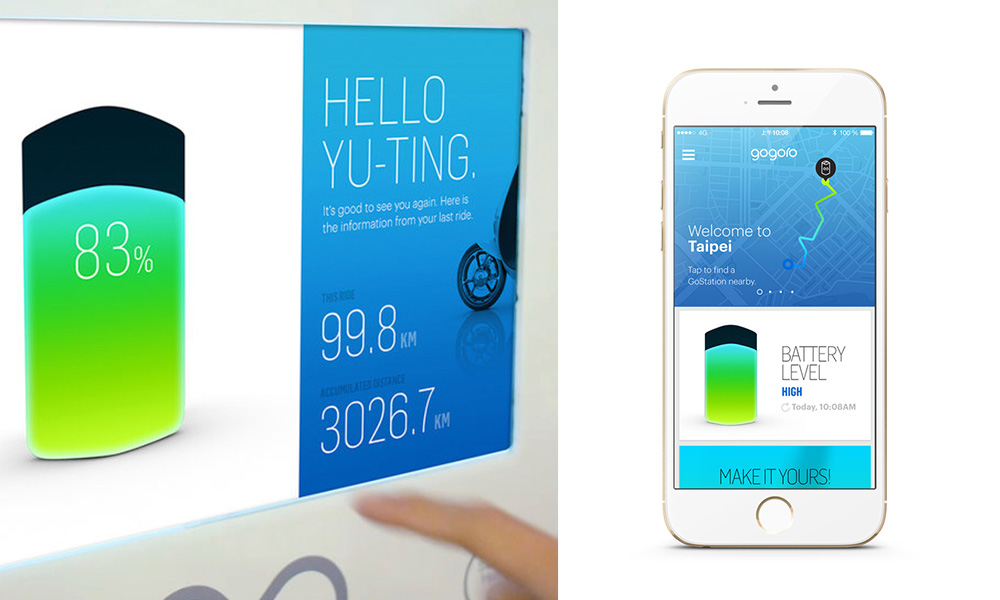 Since the first Smartscooter was launched in 2015, Gogoro has expanded into Paris, Berlin, Madrid (scooter friendly urban cities) and also have big plans to concur the smog-filled streets of South East Asia. One thing we know, they are spreading ease and coolness wherever they gogoro.
Watch:
https://www.youtube.com/watch?v=2DG8h8fs8Jw
Read More:
Share this article
Since the first Smartscooter was launched in 2015, Gogoro has expanded into Paris, Berlin, Madrid (scooter friendly urban cities) and also have big plans to concur the smog-filled streets of South East Asia. One thing we know, they are spreading ease and coolness wherever they gogoro.
Watch:
https://www.youtube.com/watch?v=2DG8h8fs8Jw
Read More:
Share this article 



